How did you get there? Daniel Singham

Great to hear from Daniel Singham who is a Senior Director at Prodege, a cutting-edge marketing and consumer insights platform, a mentor and advocate for both ‘Colour of Research (CORe)’, an organisation that advocates for the inclusion of ethnic professionals in the market research industry, and ‘Stepping up’ which is an award-winning program for excellence in diversity and mentoring, a member of the Market Research Society (MRS), a Governor at a local school and a safe guarding deputy for a local Church.
So, how did you get into the industry, and take us through how you got to this point?
You may hear some say that they got into this industry by accident, I’d like to say it was a bit of luck as I think this industry is fabulous and we are all lucky to be a part of it. I got into this industry in less than 5 mins via a Google search, life is short, don’t have time to faff around. 5 cities, 3 continents, Operations, Panel, Commercial and 16 years later I am still here and delighted with my journey so far.
After I graduated with a marketing degree from the University of Westminster in London, I decided to go and work abroad in Sydney, Australia. I did not have any real plans as such, just a 2-year work/travel visa is all I needed and that by default was the plan, work and travel. This is where the Google search played its part and ultimately gave me the opportunity of a lifetime especially at the time of being a recent graduate. The search was in fact looking for graduate marketing jobs in Sydney but somehow picked up Survey Sampling International (now part of Dynata). SSI at the time were quite established in the US and Europe and had ventured out into Asia Pacific (China, Japan and Australia) to open up local offices in each of those countries. Fortunately for me, the Australian office happened to be in Sydney and they were looking for a graduate to come in and lo and behold there I was. After an interview in London before I headed over and then a couple more once I arrived in Sydney, I was stoked by the fact I had been offered the role and without any hesitation accepted it.
Within 3 weeks of landing, I started a full-time position with SSI and that was the beginning of a fabulous journey. Despite the role being in Sydney, within a few months (remember I am on a working/travel visa at this point which does have work limitations in terms of time) the company decided to offer me sponsorship which was amazing as it meant I could now stay and work in Australia for a minimum of 4 years. At this point I knew the whole 2 year working/travel visa/plan was out the window. As the role was now pretty set and I knew I would be for a few years, I was given the opportunity to fly over to the Beijing office and spend 6 months with the Management team over there. As time went by, we grew our Sydney office from just two of us to 10 and it just kept growing due to the success and global backing we had.
Over the years I had at SSI, I was predominantly on the Operational side of the business (Project Management), then leading one of the teams and as you do in smaller companies, wear multiple hats, I was given a regional role across APAC which is where further opportunities came into play to travel and work around Asia on a regular basis. The opportunity here was fabulous as it was a real good base/foundation to have to start of a career where you are in a position to use that entrepreneurial spirit, creativity, have access to and learn from some of the best in the business. At the time I did not realise how much I was learning in terms of business, leadership, management, problem solving, building and growing teams, panel management, finance and so on. In the space of 5 years, so much had happened to me.
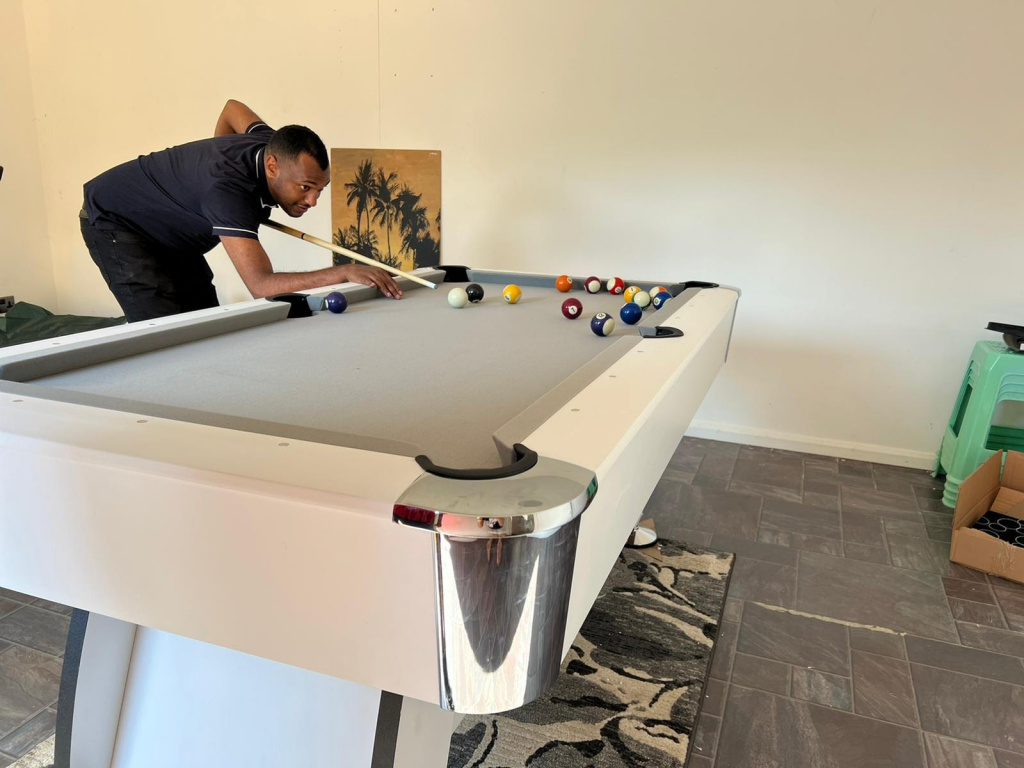
After an amazing time with SSI, I moved over to Pure Profile which had a different model where I had a commercial role (New Business and Account Management) but at the same time we also delivered what we sold so having the strong Project Management/Operational background boded well here for me. I had a great couple of years with PP and gaining that commercial experience was brilliant for me.
I got to that point where I wanted to come back to London (as they say, home will always be home) so my adventure in Australia had come to an end and ‘’London Town was calling’’.
When I came back to London, I did think about what I wanted to do, should I say in the industry, try something new etc but the bottom line is MR is all I knew and I wanted to continue and had an opportunity with Toluna as Team Leader for one of the Project Management teams in the UK. I had a good stint at Toluna, continued my growth, learning and development, close to 6 years, all in Project Management and left as Associate Director.
A great opportunity then presented itself to me with Yonder Data Solutions (formerly known as Populus Data Solutions) as Business Development Director. This role was great and again I had the privilege to work with some of the best in the business and a great team around me so success here was a given. My personal growth and development at Yonder has been significant.
My career to date has been quite a ride, international experience, learning different cultures, ways of working, different managers/mentors from around the globe, opportunities at startups, local and international businesses across different departments within the business (Project Management/Operations, Panel and Commercial).
With this versatile background, I have recently taken on the role of Senior Director at Prodege. I have always had some sort of idea of what I have wanted to do next in my career no matter which stage I was at and I just knew that this role was for me and it’s an opportunity for me to do something special with the fabulous team here.
Career paths are rarely without challenges. Can you share an honest moment from your career when things didn’t go quite according to plan, but the lessons remain with you to this day?
When I first became a Manager (Team Leader), I was quite young in the sense, I had only been working 2-3 years myself albeit being chucked in the deep end and just having to learn so much very quickly (I loved it), I felt as though I had to be the one to direct everything we needed to do. My weakness though was not listening. It is very easy to talk, I think we can all do this and at that time, in any team meetings etc. I did all the talking as I believed that was what the expectation was. I thought ‘people don’t know what they are doing’ and need me to tell them what to do. I learned very quickly though that one of the most important characteristics of leadership and just communication in general is to listen. It was a couple of months into it (so thankful it was so early on) that one of my team members took me aside and said that she had a lot of ideas and things to share but was unable to do as I never really gave people the opportunity. That was the day it hit me after doing some self-reflection and I realised she was right and I instantly changed the way I ran the meetings and more importantly, I changed the way I did things in general. Listening is understanding and learning whether that is with managers, direct reports, colleagues, clients, suppliers, whoever it may be even home life with friends, family, husbands, wives, children etc, listening is key. The point here is that I was a new manager, trying to do things my way but I was challenged very quickly into it and having to change the way you do things isn’t easy but once I reflected on it and realised I needed to, I acted upon it and I am very thankful to my team member for having that conversation with me.
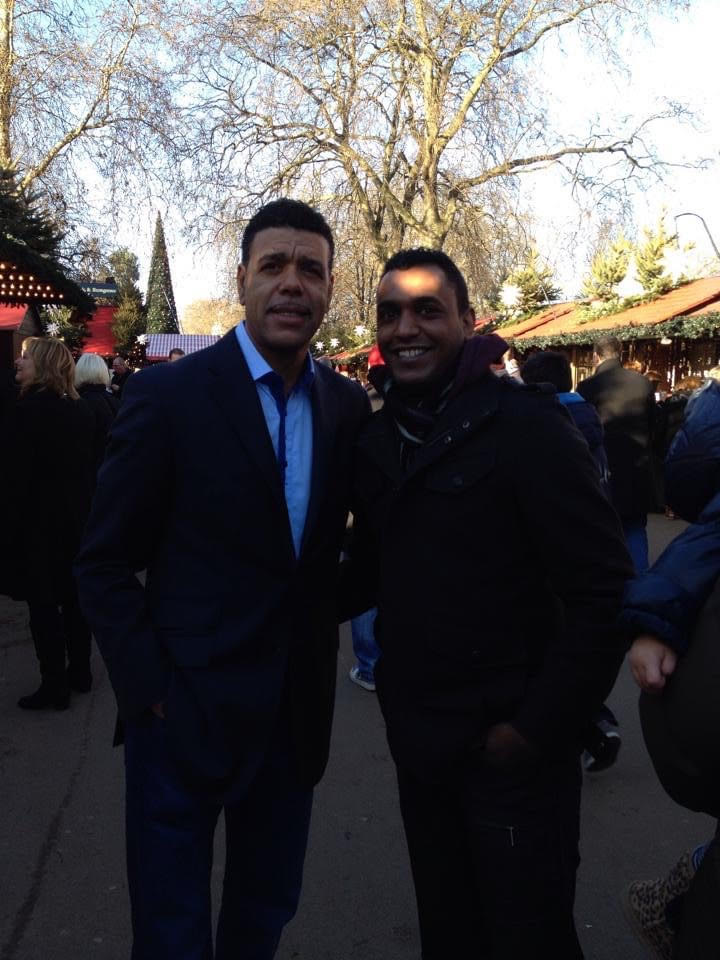
What two things should junior researchers focus on as they progress in their careers?
Firstly, focus and follow your passion. Work takes up most of our time and there is nothing worse than waking up on a working day depressed that you have to do whatever it is you do. If you are unhappy, you will struggle to motivate yourself to do what is required which will then lead to lack of development, growth and success. I was fortunate, working in this industry was not my plan or passion but it became my passion. This industry is unique as no matter what part of the life cycle you are in within market research, ultimately all of us play a part in finding new insights and helping businesses make decisions. Whether it is writing questionnaires, scripting surveys, working on different methodologies, collecting data, analysing data, presenting data etc or all of it, follow your passion within the process that you want to do. We have the ability to make change with our roles so be that change and make a difference. I remember someone telling me to have passion. You will never create anything of lasting beauty without passion. If you think “beauty” is not a word that applies to what you do, Then do something else.
Secondly, be humble. In order to succeed you need to learn and develop. There is nothing wrong (and do not be afraid) with asking for help or explaining to your manager/colleague that you are not sure about something. Learning from your own mistakes is just as important as learning from others. In reality, nobody actually thinks too much about where you went to school or what qualifications you may or may not have, either way, don’t be arrogant. Being career minded, focused, driven and ambitious is perfectly fine but do it with humility. We tend to think we can do things better than someone else, it is human nature, sometimes we even try to act like the managing partner from day 1. It is perfectly fine to be junior if that is what we are, nobody is expecting you to know everything or be ready to manage a business, in fact, if the truth be told, people will probably resent you if you try to act like you are that good. Experience, learning and development is what will get you to where you want to go and when I look back at the last 16 years of my career to date, I still think about certain situations or people I used to learn from and use those thoughts to help me solve certain situations and scenarios. Remember my example above about my team member giving me constructive feedback, I could have been arrogant about it and ignored it as I was the Team Leader. It is easy for us to listen from top down but it is just as important to listen to people who may report into us. It is like a mentor/mentee situation, often the mentor is the one expected to teach the mentee but a mentor will also learn a hell of a lot from a mentee. Being humble is what will help you learn not just as a junior but even as you gain more experience and progress in your career. I am embarking on a new journey at the moment but I still have a lot to learn and will continue doing so. You always have to have that mindset of understanding that we are not perfect, do not know everything and that we are constantly trying to learn and be the best version of ourselves that we can be. The only way to do this is to be humble and accept this. The minute we get to that point where we start thinking we know best, we know everything, we are better than everyone else, we have X amount of experience etc etc, that’s when it will all start to go downhill. Being humble means that you acknowledge you can and will always look to learn and develop no matter what your role is.
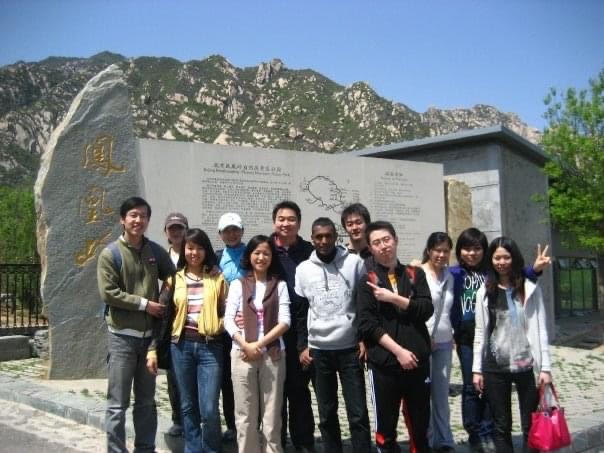
How do we ensure that students and those leaving school aspire to join our sector?
My recommendation is for people to join their educational alumni. Whether that is school, college, Universities or all of them. I am part of my school and University alumni and I have been asked to and done several career talks with year 10/11 students, sixth form students as well as University students. If all those who can do this within the MR industry, then this is a good start as we would all be helping the industry by raising awareness to students that they can have a successful career within the industry. I didn’t know about the industry until I started my first role. I think raising awareness is the first step.
Secondly (and I can see some organisations already doing this and I think MRS too) is to link in with schools/Universities and give people work experience opportunities, internships etc. When I did work experience via my school, I don’t recall ever seeing market research companies as an option (we are going quite some years back though). In the summer holidays (University in particular) where you have like 3-4 months holidays, I used to apply for summer internship roles and had opportunities at the likes of BT which was a great experience for me. Like this, I would recommend companies to offer summer placements for current students, offer work experience to schools and offer people their company to give career talks at student fairs, schools, Universities and networking events.
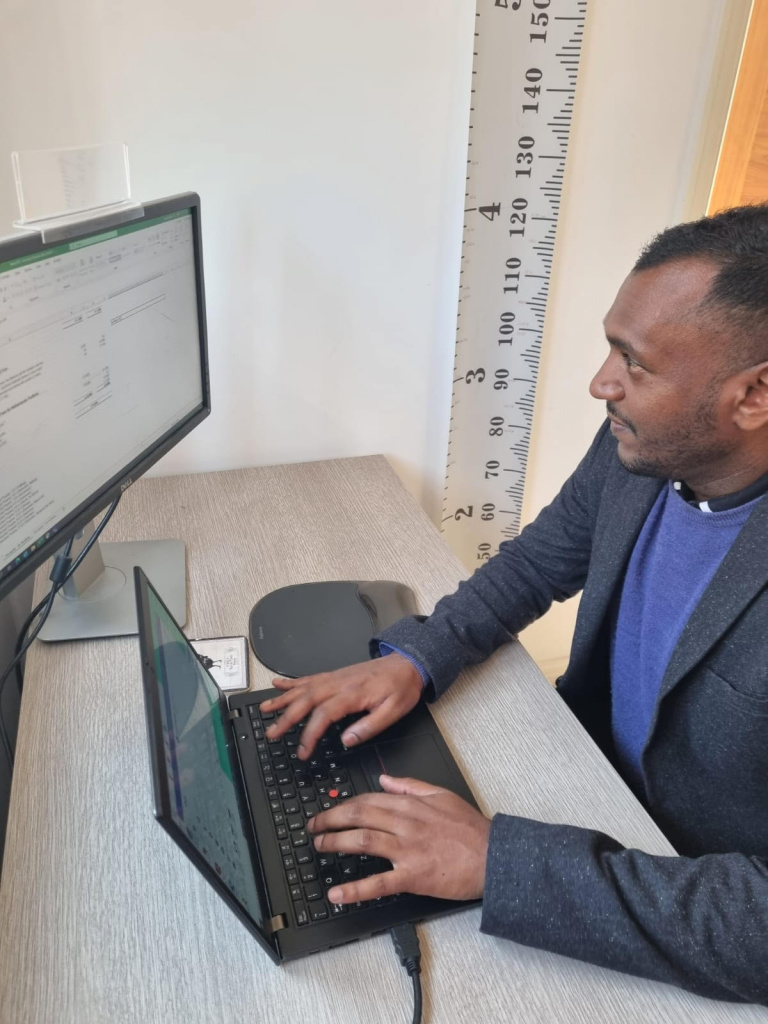
Do you have any advice for our sector?
I have two pieces of advice:
To all businesses in our sector and all sectors, treat everybody equally, fairly and with respect with an emphasis on employee satisfaction and wellbeing as the highest priority. If every company did this, the rest will fall into place nicely. The growth and success of any company is pretty much in the hands of employees, always remember this. A happy workforce is a productive one.
Secondly, yes we live in a fast paced world and can pretty much have most things with just a click of a button on a smart phone or device and it is important we evolve as an industry however, please don’t do this at the expense of people. I received an email from someone selling their services where they told me that they have this technology which means we can replace a good percentage of the human workforce with this technology. If I had the choice of sitting in my home and working with machines/technology all day or working from home/office with people, I would pick the latter every time. I reiterate, we need to move with the times in terms of technology and development but at the same time we need to continue giving people opportunities and career development in this sector. Find the right balance.
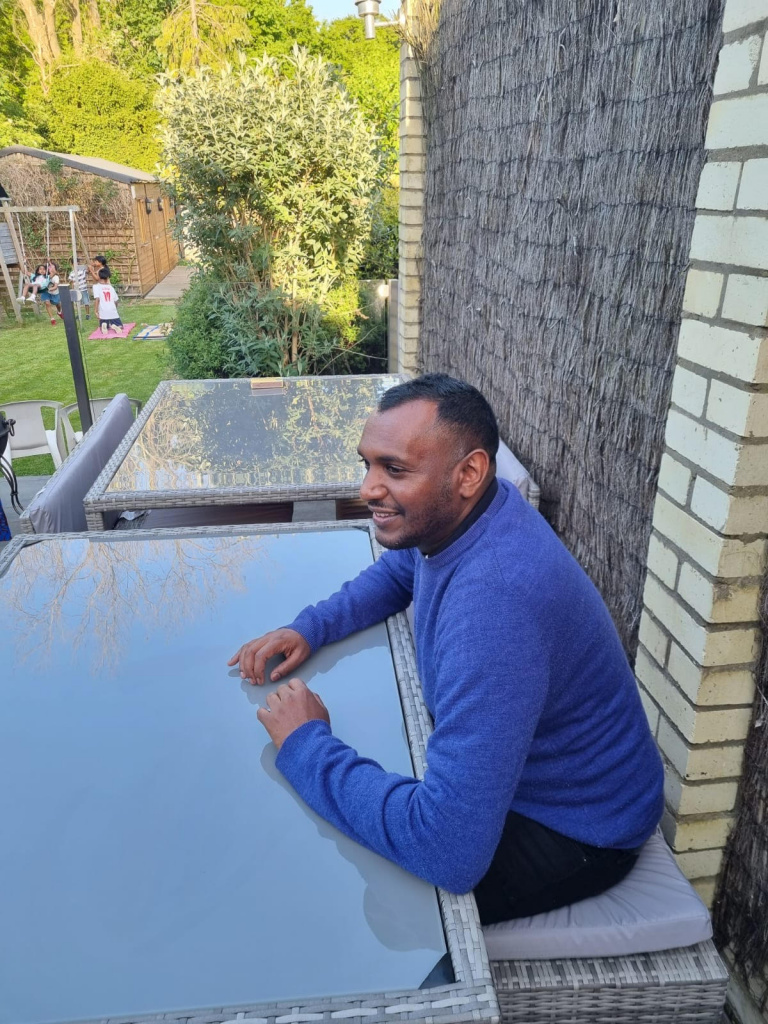
And do you have anyone who has helped your career so far that you’d like to acknowledge and say thanks or give a shout out to?
Far too many to name but as I said earlier, I have had the privilege of learning from some of the best in the business. Melissa Geathers, Chee Ng, Chris Atkins, Helen Giddings and many more.